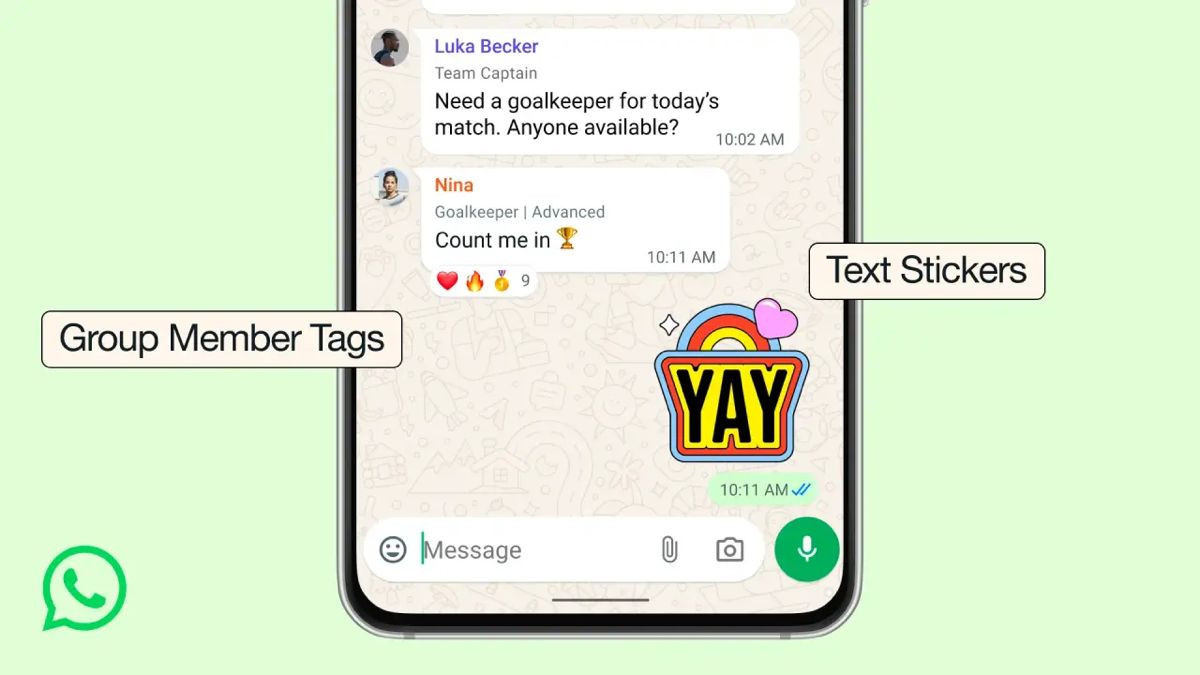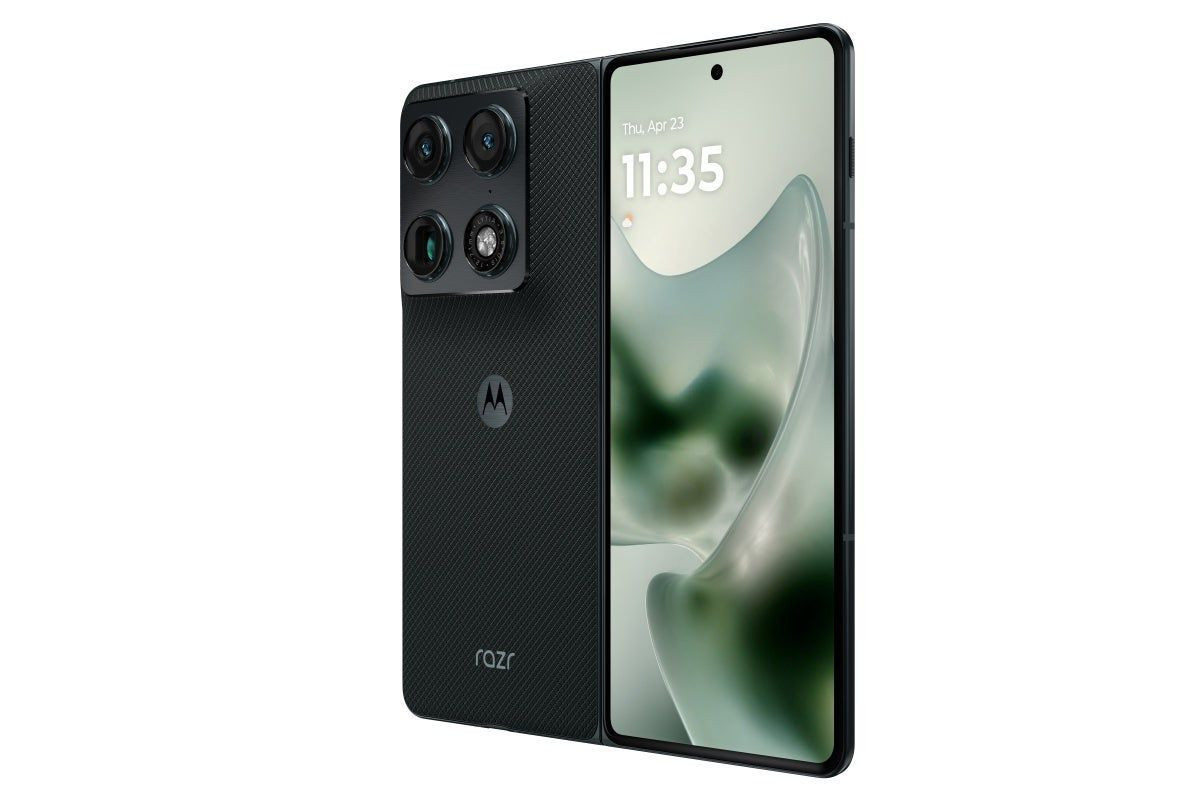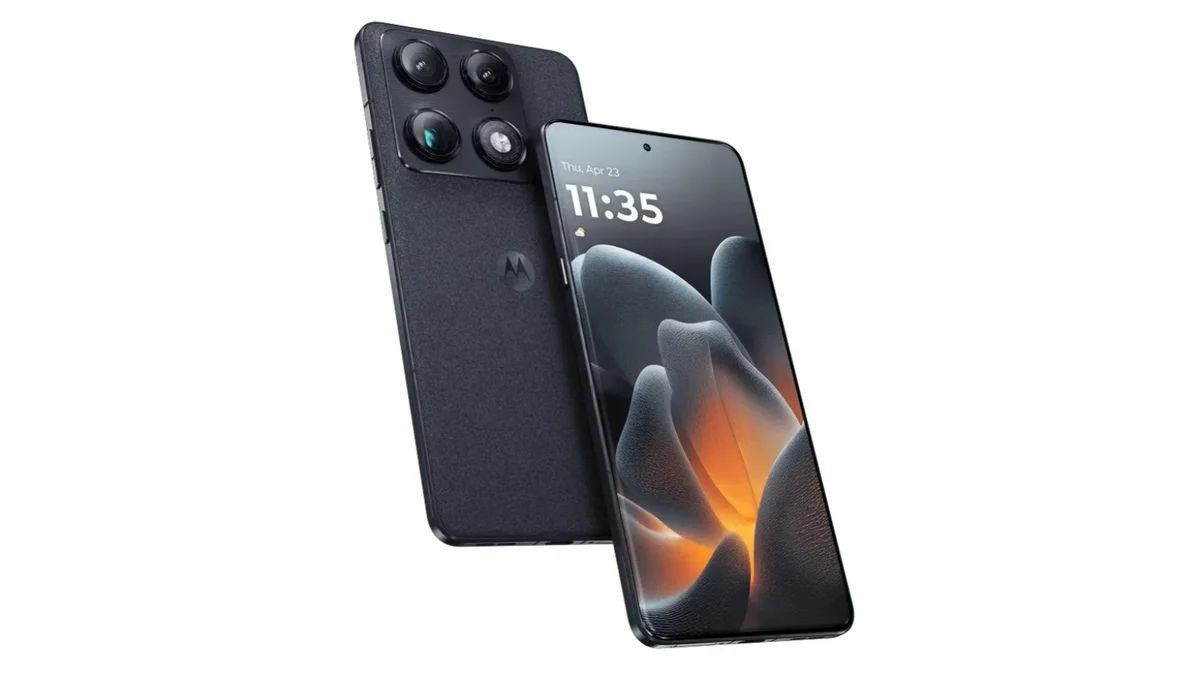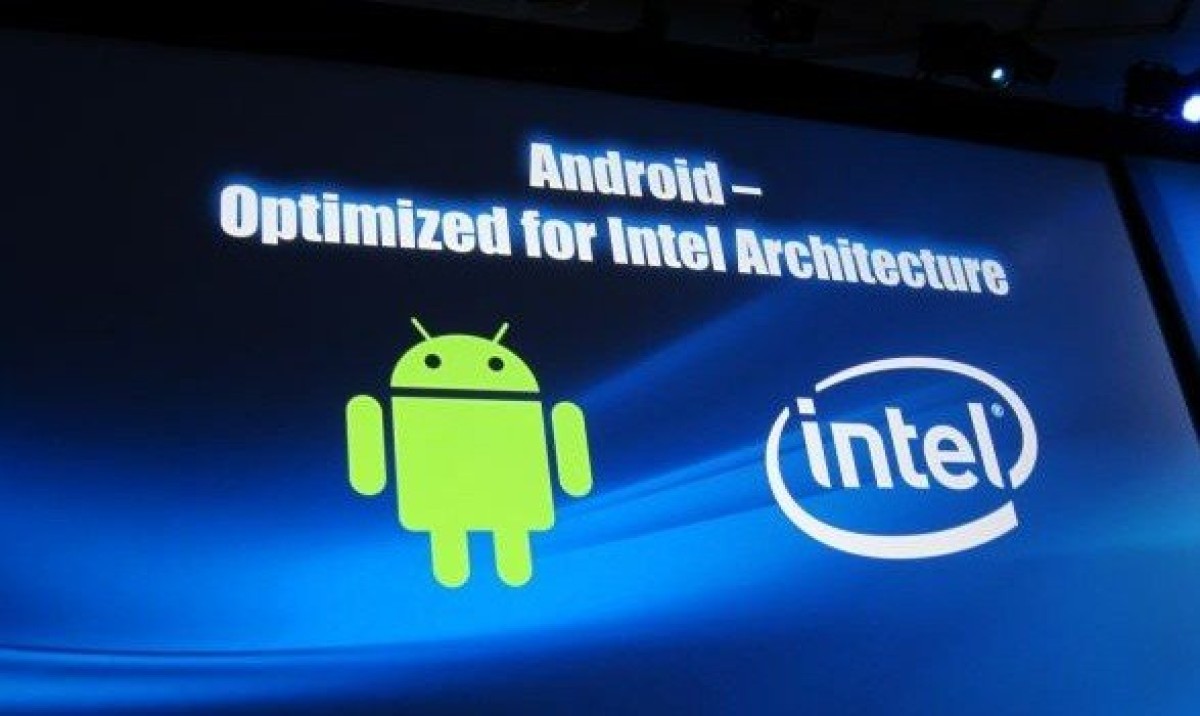Η χτεσινή πρώτη ημέρα της IDF 2011 σημαδεύτηκε από την ιστορική συμφωνία μεταξύ Intel και Google για την βελτιστοποίηση του λειτουργικού συστήματος Android με την αρχιτεκτονική των επεξεργαστών της πρώτης.
Στη σκηνή ανέβηκαν ο CEO της Intel, Paul Otellini, και ο αντιπρόεδρος της Google Mobile, Andy Rubin, δηλώνοντας ενθουσιασμένοι για το νέο επίπεδο συνεργασίας των δύο πλευρών, τους πρώτους καρπούς της οποίας θα δούμε μέσα στο 2012.
Ο πρώτος δήλωσε αρχικά:
"Google και Intel συνεργάζονται εδώ και αρκετά χρόνια σε data centers, στο Chrome OS και στη Google TV. Αυτή τη φορά επεκτείνουμε τη συνεργασία μας στο χώρο των smartphones, βελτιστοποιώντας τους επεξεργαστές μας και το λειτουργικό σύστημα Android για αυτά"
Ο Rubin συμπλήρωσε από την πλευρά του:
"Έχουμε βελτιστοποιήσει πολλά απο τα προϊόντα μας, κάθε φορά που αλλάζει η αρχιτεκτονική των επεξεργαστών, και γενικότερα έχουμε μια πολύ καλή συνεργασία με την Intel"
Ο Otellini παρουσίασε στη σκηνή ένα smartphone με επεξεργαστή Intel Medfield (32nm), το οποίο όπως δήλωσε χρησιμοποιεί λειτουργικό σύστημα Android 2.3 Gingerbread, και τόνισε ότι από τις αρχές του 2012 θα δούμε επίσημα τα πρώτα Android smartphones/tablets με επεξεργαστές Intel.
Θα έχει ενδιαφέρον να δούμε ποιες θα είναι οι αντιδράσεις των άλλων εταιριών hardware, όπως Nvidia, Texas Instruments και Qualcomm, τώρα που μπαίνει στο παιχνίδι ένας μεγάλος παίκτης...
Announces Joint Effort with Google* and Details Low Power Ultrabook™ Innovation
NEWS HIGHLIGHTS
Intel and Google to optimize future releases of the Android™ platform for Intel's family of low power Intel® Atom™ processors.
CEO revealed how advances in silicon technology and platform engineering will reduce idle platform power for the "Haswell" chip in 2013, lowering it by more than 20 times over current technology designs.
INTEL DEVELOPER FORUM, San Francisco, Sept. 13, 2011 – Intel Corporation today announced a new effort with Google* that aims to accelerate Intel's business in smartphones.
The company also revealed that Intel's engineers are working on a new class of platform power management for Ultrabooks™ that will aid in the delivery of always-on-always-connected computing.
Intel's President and CEO, Paul Otellini, made the announcements during the opening keynote of the Intel Developer Forum in San Francisco.
"Computing is in a constant state of evolution," said Otellini, describing the opportunities and challenges facing Intel and the industry. "The unprecedented demand for computing from the client devices to the cloud is creating significant opportunity for the industry. Intel is innovating and working with our partners to deliver computing experiences that are more mobile, secure and seamless. I'm excited about the new experiences that will be created across a range of devices, and we're just getting started. "
Growth in New Market Segments
Addressing a major corporate goal of growing Intel's business in adjacent computing market segments, Otellini discussed the company's recent efforts to accelerate its smartphone business and showcased a form factor reference design based on Intel® Atom™ processor, and running the Android™ platform.
Otellini then introduced Andy Rubin, Senior Vice President of Mobile at Google*. The two executives outlined plans to enable and optimize future releases of the Android™ platform for Intel's family of low power Intel® Atom™ processors. The joint effort is designed to speed time-to-market of Intel technology-based smartphones running the Android platform.
"Our collaboration with Google will bring a powerful new capability to market that helps accelerate industry innovation, adoption and choice," said Otellini. "I'm excited by the possibilities of this collaboration. It will enable our customers to bring exciting new products and user experiences to market that harness the combined potential of Intel architecture and the Android platform."
Today's announcement builds upon the two companies' recent joint initiatives to enable Intel architecture on Google products. Joint initiatives include Chrome OS, Google TV, and the Android Software Development Kit (SDK) and Native Development Kit (NDK).
Pushing the Limits of Low Power for Ultrabooks™ and Beyond
Otellini predicted that Ultrabook systems will provide the most satisfying and complete computing experience. The company is working with industry partners to deliver mainstream-priced products beginning this holiday season for this new category of lighter, sleeker compute companions.Intel's CEO said the company's engineers will further accelerate Ultrabook innovation with Intel's "Ivy Bridge" 22nm technology early next year with the help of the company's revolutionary 3-D Tri-gate transistors.
He highlighted the broad enabling work between Intel and Microsoft, and pointed to the future opportunities that Windows 8 will present across tablets, hybrid devices and new form factors such as Ultrabooks™.
Otellini also described the new class of platform power management in development for the 2013 "Haswell" products for Ultrabooks. The advances in silicon technology and platform engineering are expected to reduce idle platform power by more than 20 times over current designs without compromising computing performance. Otellini said he expects that this design change, combined with industry collaboration, will lead to more than 10 days of connected standby battery life by 2013. The advancements will aid in delivery of always-on-always-connected computing where Ultrabooks stay connected when in standby mode, keeping the e-mail, social media and digital content up-to-date.
Looking further into the future, Otellini predicted that platform power innovation will reach levels that are difficult to imagine today. Intel's researchers have created a chip that could allow a computer to power up on a solar cell the size of a postage stamp. Referred to as a "Near Threshold Voltage Core," this Intel architecture research chip pushes the limits of transistor technology to tune power use to extremely low levels.
Securing the Next Billion Computing Devices
Otellini was joined on stage by Candace Worley, senior vice president and general manager, Endpoint Security at McAfee. She discussed how Intel and McAfee have been working together on a range of innovative hardware assisted software security solutions.
The two executives reinforced the growing need for continued investment and innovation as billions of new computing devices are expected to connect to the Internet and with one another.
Worley introduced McAfee's new DeepSAFE technology platform that works with hardware capabilities found in the Intel® Core™ i3, i5 and i7 processors. DeepSAFE technology provides new levels of security and a different vantage point by operating below the operating system. This technology will launch in a McAfee enterprise product later this year.
Otellini announced that Intel is working with McAfee on a roadmap of security solutions that extend across the spectrum of computing from embedded devices to the cloud.
Seamless, Consistent, Interoperable Experiences
With computing continuing to evolve, Otellini emphasized the need for seamless, consistent and interoperable experiences across a variety of devices. To help support this vision, Intel is now building capabilities into a broad array of devices including Ultrabooks and all-in-one computers. Otellini demonstrated several new capabilities that will be available on Acer*, Lenovo*, and Toshiba* systems later this holiday season.
More information about the products and technologies demonstrated in the keynote is available at www.intel.com/newsroom/idf.
Διαβάστε επίσης








